5 Coconut Oil Alternatives That Cook Just as Well
Substitutes for coconut oil come in many forms when standard recipes call for this tropical ingredient.
Situations arise when allergies, dietary preferences, or simple shortages require finding an effective alternative.
The rich, distinctive flavor profile of coconut oil makes finding perfect replacements somewhat challenging for bakers and chefs alike.
Several plant-based options exist with similar cooking properties but different taste characteristics, allowing dishes to maintain their intended texture.
Health-conscious individuals often seek substitutions that align better with specific nutritional goals while preserving the integrity of their favorite meals.
Budget-friendly alternatives can also help reduce grocery expenses without sacrificing quality in the kitchen.
With so many possibilities awaiting, you might be surprised at how well these substitutes perform in both sweet and savory applications.
Why Use Coconut Oil?
Coconut oil has become a pantry favorite because it adds a gentle tropical note and smooth texture to both sweet and savory dishes, while also being quite versatile in the kitchen:
Tips for Enhancing Affect Texture and Moisture When Replacing Coconut Oil
When you replace coconut oil in recipes, it’s important to keep your baked goods or dishes moist and tender while still getting a texture you like:
Best Coconut Oil Substitutes
Coconut oil alternatives give recipes richness with a fresh twist, working well in both savory and sweet creations. A new oil can change everything. See which swaps could inspire you.
Avocado Oil
Coconut oil stands out as an excellent source of healthy fat, with avocado oil serving as its perfect substitute due to similar nutritional benefits.
The mild, grassy essence of avocado oil differs slightly from coconut oil's sweet nuttiness, yet its neutral, buttery quality makes it versatile for numerous recipes.
This healthy alternative contains powerful anti-inflammatory compounds that support overall wellness while cooking.
Thanks to its high smoke point, avocado oil performs beautifully in grilled meals, sautéed dishes, and fried foods without breaking down under heat.
Almond Oil
Almond oil stands out as the best coconut oil substitute for health-conscious cooks due to its low saturated fat content and heart-healthy monounsaturated fats that support cardiovascular well-being.
The subtle nutty flavor works wonderfully in both cooking and baking applications without overpowering other ingredients in your recipe.
With a high smoke point, this versatile oil handles pan-frying tasks without breaking down or releasing harmful compounds when heated.
The impressive vitamin E content- about 26% of your daily requirement in just one tablespoon- adds nutritional value beyond what coconut oil offers.
Butter
Butter stands as the perfect replacement when coconut oil is nowhere to be found in your kitchen.
Both ingredients share similar textures at room temperature, making them almost identical except for their distinct flavors and aromas.
In baked goods, butter performs just like coconut oil while adding an extra touch of richness from its high-fat content that melts beautifully with heat.
For those who follow vegan diets, regular butter won't work unless you choose a plant-based version, and unsalted varieties are always the best choice for substitution.
Some people with dairy sensitivities or those watching their fat intake might need to consider other options instead.
Grapeseed Oil
Grapeseed oil stands out as an excellent low-fat alternative to coconut oil, offering impressive health benefits with its low saturated fat content and rich omega-6 and omega-9 fatty acids.
The neutral flavor profile makes this versatile oil perfect for countless dishes without altering their taste.
In the kitchen, grapeseed oil shines particularly in salad dressings while its high smoke point ensures it performs beautifully when frying or sautéing foods.
Many cooks appreciate how seamlessly it substitutes for coconut oil in mayonnaise recipes, requiring no measurement adjustments when swapping one for the other.
Applesauce And Oil
Applesauce makes an excellent substitute for coconut oil in baking, offering fewer calories and more natural moisture to your recipes.
The unsweetened version works best since it provides nutritional benefits without artificial additives or extra sugar.
Because applesauce contains more water than coconut oil, your baked goods might turn out spongier than expected if used alone.
For better results, many bakers combine half applesauce with half of another oil like avocado, grapeseed, or olive oil to properly match the fat content needed in recipes.
This simple swap allows you to enjoy healthier treats while maintaining the texture and moisture that make baked goods so delicious.
Coconut Oil Substitute FAQs
1. Is vegetable oil a good replacement for coconut oil?
Absolutely. It’s neutral in taste and performs similarly in both baking and stovetop cooking.
2. What plant-based options replace coconut oil in vegan recipes?
Avocado oil, sunflower oil, and vegan margarine are great plant-based alternatives depending on the dish.
3. How does butter compare to coconut oil in texture?
Butter provides a creamy texture and richness, but lacks the subtle coconut flavor some recipes rely on.
4. Can I substitute coconut oil with applesauce in baking?
Yes, unsweetened applesauce can replace coconut oil in muffins, cakes, and quick breads for a lower-fat option.
5. Is ghee a suitable alternative to coconut oil?
Yes, ghee has a high smoke point and buttery taste, making it an excellent substitute in savory recipes if dairy isn’t an issue.
6. What’s the best coconut oil replacement in skincare recipes?
Shea butter or almond oil are gentle, nourishing options often used in DIY skincare instead of coconut oil.
7. Will using a substitute change the flavor of my dish?
It might. Choose a neutral-flavored oil like canola or grapeseed if you want to avoid strong taste differences.
8. Can I use avocado oil as a 1:1 substitute?
Yes, avocado oil can replace coconut oil in equal amounts for both cooking and baking purposes.

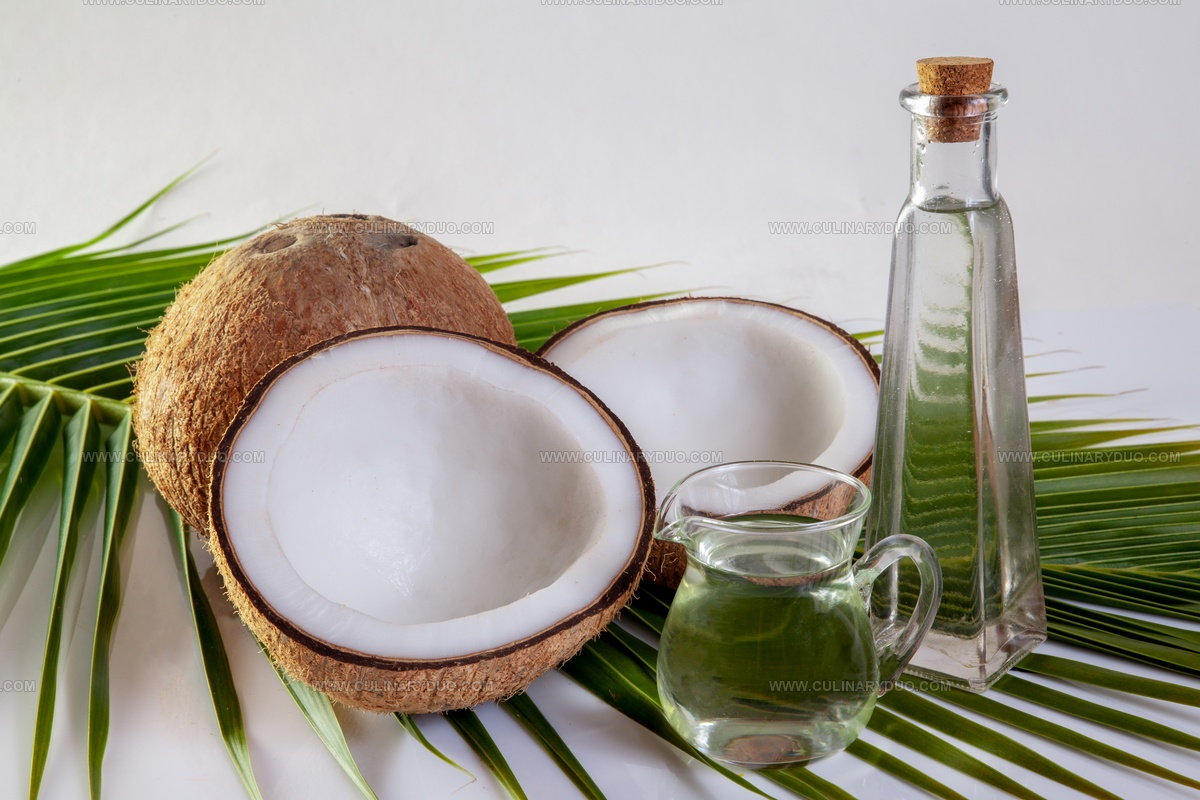

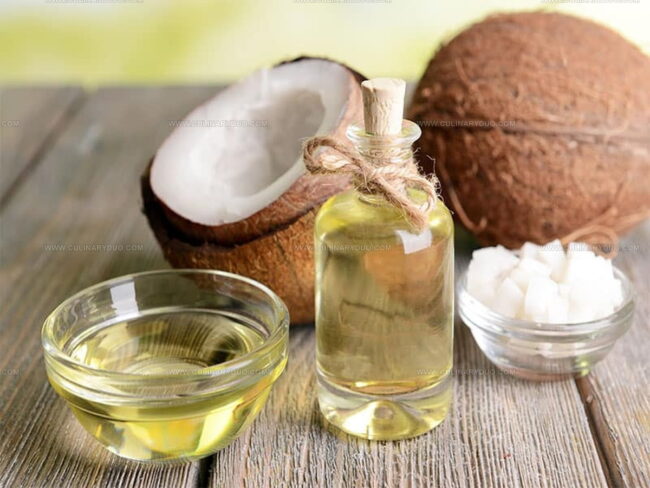

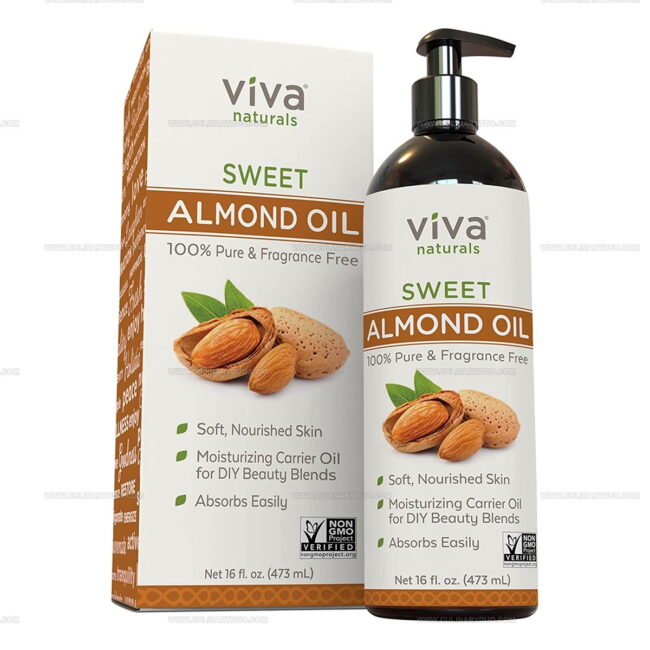

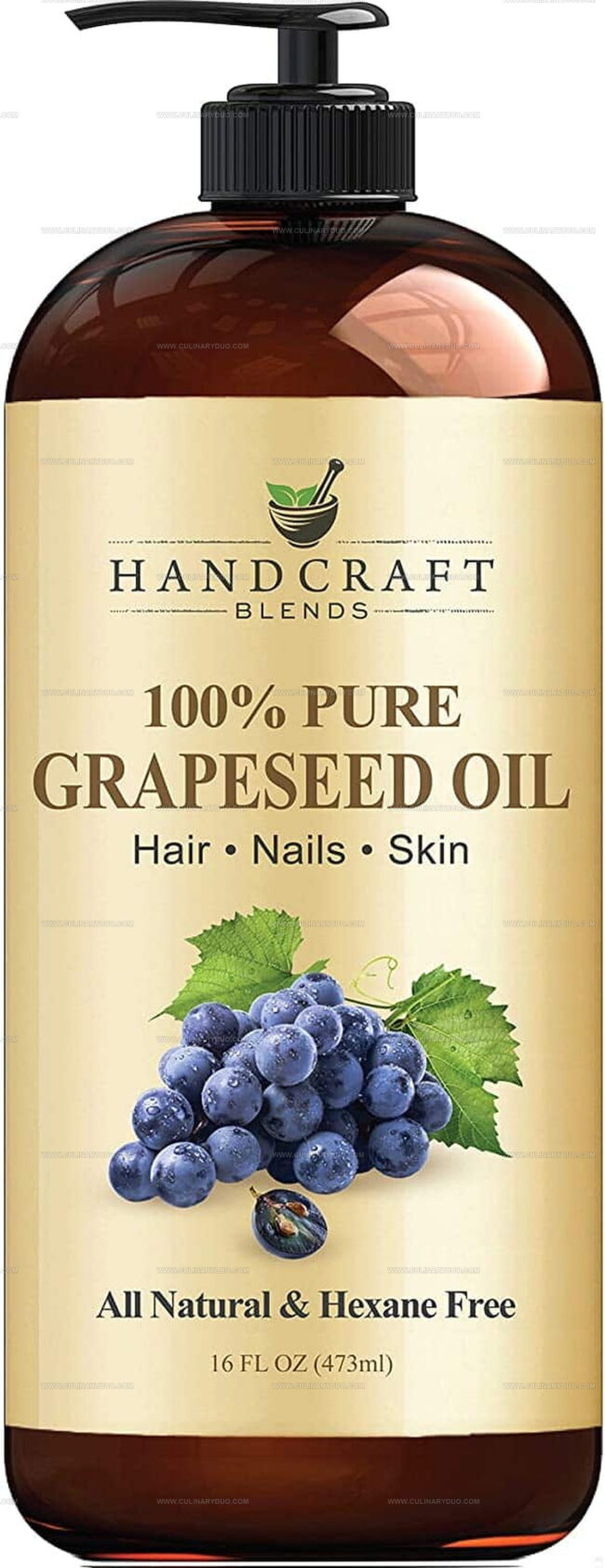
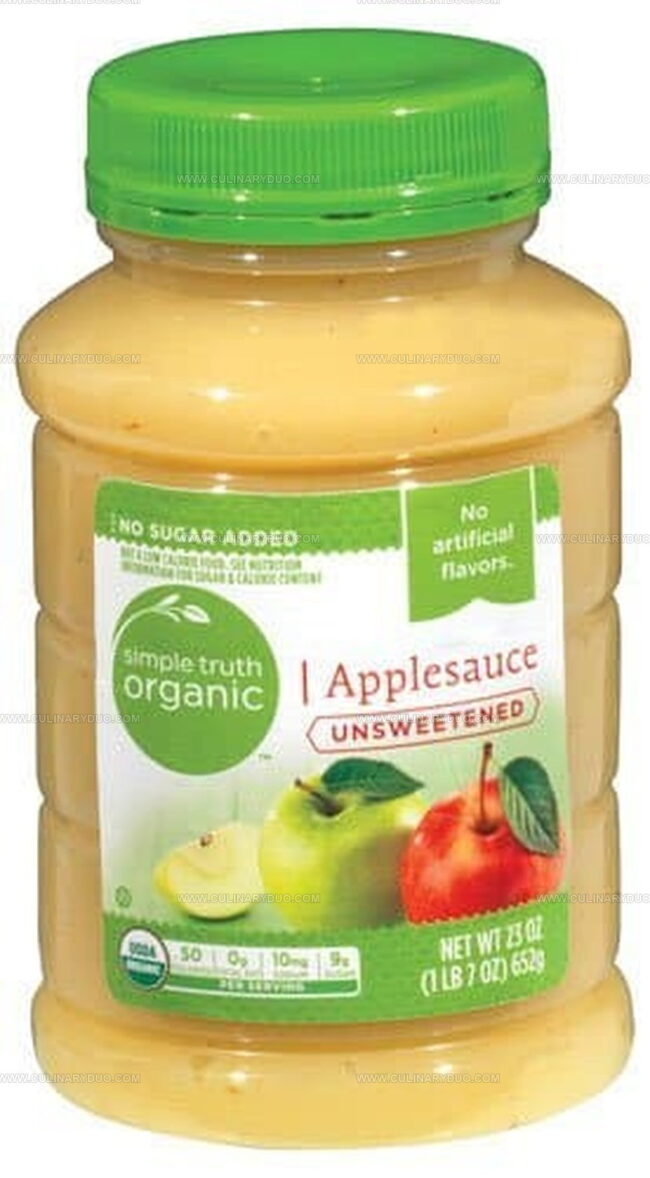
Natalie Brooks
Co-Founder & Content Strategist
Expertise
Education
eCornell
Natalie brings the vibrant, plant-powered side to Culinary Duo. After earning her Plant-Based Nutrition Certificate from eCornell, she combined her love for fresh ingredients with a passion for storytelling, aiming to make healthy cooking simple and satisfying.
Her kitchen motto: good food doesn’t need a fancy label, it just needs fresh ideas and a little creativity. Outside of writing and recipe testing, Natalie’s happiest in her garden, exploring farmers’ markets, or mixing global flavors into new kitchen experiments.